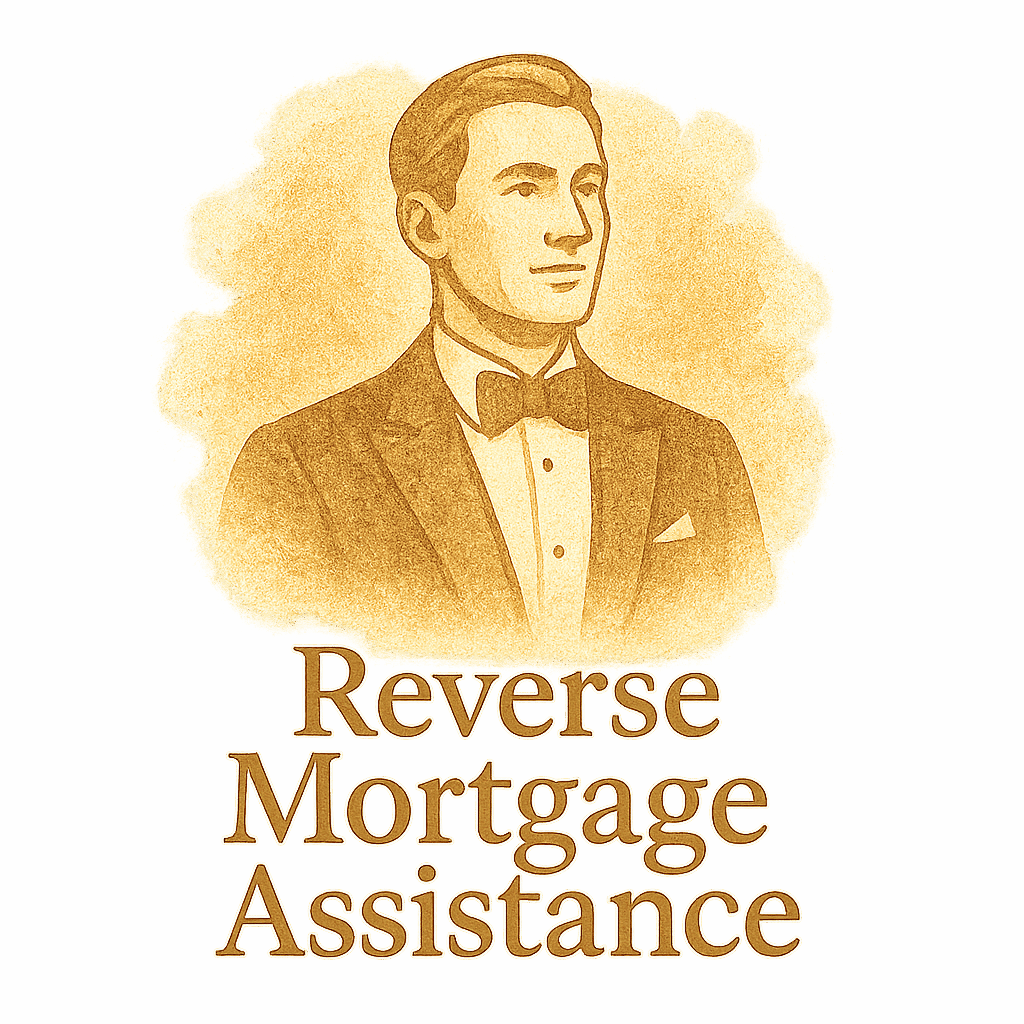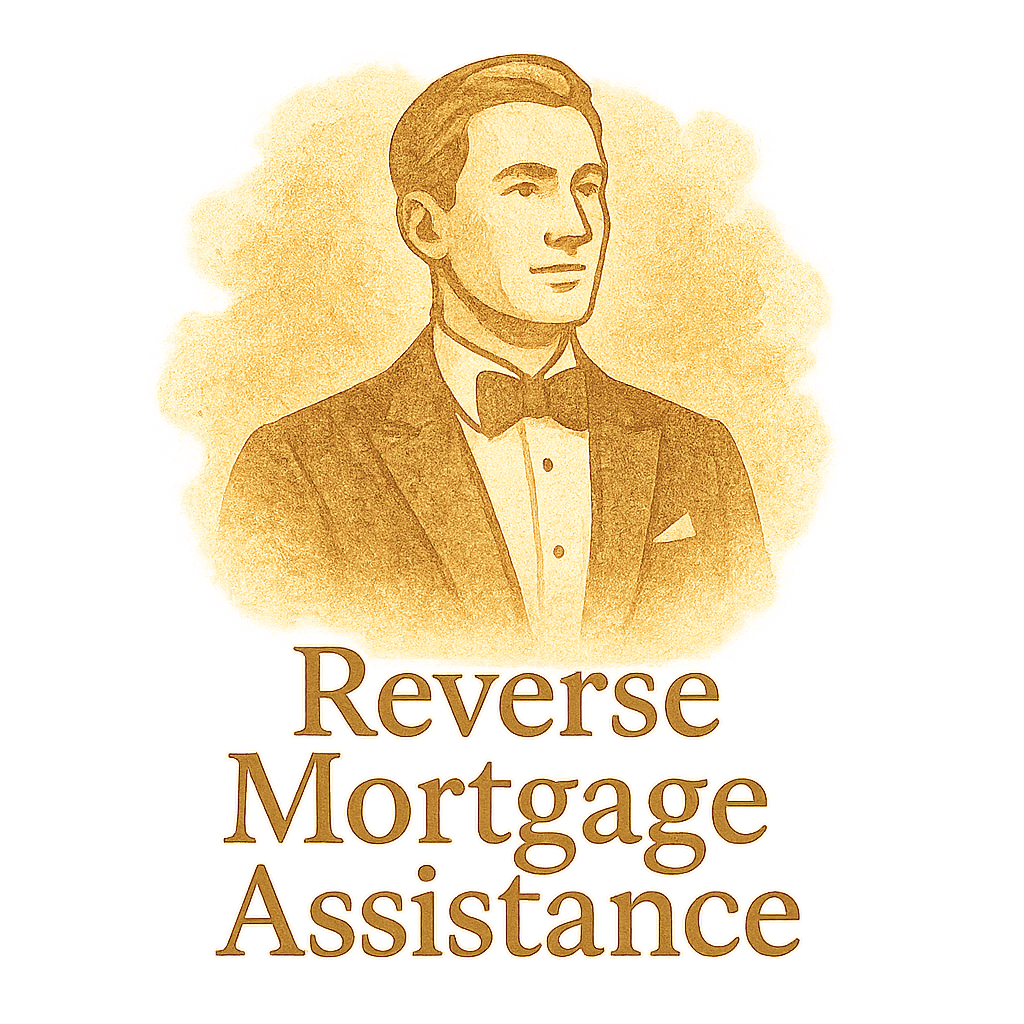Introduction to Reverse Mortgages
Reverse mortgages can be a game-changer for seniors looking to tap into their home equity without selling their property. But before the funds arrive, there’s a bit of paperwork involved. Let’s walk through exactly what you need.
What Is a Reverse Mortgage?
Simply put, a reverse mortgage is a loan available to homeowners aged 62 or older that allows them to convert part of the equity in their home into cash. Unlike a traditional mortgage, you’re not making monthly payments—instead, the lender pays you.
Learn more about reverse mortgage basics
Who Qualifies for One?
Eligibility includes being 62+, owning your home outright (or with a low balance), and living in the home as your primary residence.
Why Documentation Matters
Lenders need solid proof that you meet the criteria. Your documents provide a full picture of your financial, legal, and property status.
Overview of the Application Process
Step-by-Step Breakdown
- Attend reverse mortgage counseling
- Gather required documents
- Submit your application
- Go through appraisal and underwriting
- Receive approval and funds
How Documents Affect the Timeline
Missing or incorrect paperwork is the #1 delay in reverse mortgage approvals. Being prepared can fast-track the process.
Document #1: Proof of Age and Identity
Why Age Verification is Crucial
You must be 62 or older. Lenders need to verify your age to confirm eligibility.
Acceptable Forms of ID
- Driver’s license
- State-issued ID
- Passport
- Birth certificate
Common Mistakes to Avoid
Submitting expired IDs or documents with mismatched names.
Document #2: Proof of Homeownership
Establishing Legal Ownership
You must prove you own the home you want to borrow against.
Deeds, Titles, and Tax Records
- Property deed
- Mortgage statement (if applicable)
- Recent property tax bill
Explore legal and regulatory topics
Document #3: Mortgage Statements or Property Liens
Assessing Existing Obligations
Lenders want to see what financial claims exist on your home.
What Lenders Look For
- Remaining mortgage balance
- Any liens (tax, judgment, etc.)
Related Tag: Loan Comparison

Document #4: Income Verification
Proving Financial Stability
Even though you’re not making monthly payments, lenders need to ensure you can handle taxes and insurance.
Social Security, Pensions, and Investments
- Recent Social Security award letter
- Pension statements
- 1099s or W2s
Explore mortgage planning resources
Document #5: Homeowners Insurance Policy
Ensuring Property is Protected
Lenders require that your home is insured.
Minimum Coverage Requirements
The policy must at least cover the home’s appraised value.
Document #6: Property Tax Documentation
Keeping Taxes Up to Date
Lenders need to confirm you’re up-to-date with property taxes.
Consequences of Missing Tax Records
It could delay or deny your application.
Document #7: Reverse Mortgage Counseling Certificate
Why Counseling is Required
This ensures you understand the loan’s terms and implications.
Where to Get Certified
HUD-approved counseling agencies provide this certificate after a session.
Visit the Reverse Mortgage Counseling section
Tips for Preparing Your Documents
Staying Organized
Use folders or cloud storage to keep everything accessible.
Making Digital Copies
Scan your documents so you can email or upload them instantly.
Common Challenges and How to Overcome Them
Lost Paperwork
Contact your local government office or lender for replacements.
Inaccurate Information
Double-check names, dates, and numbers. Even a typo can cause delays.
Explore tags like Preparation and Contracts
Legal and Regulatory Considerations
Compliance and Consumer Rights
You have the right to know your options and the obligations tied to your reverse mortgage.
Important Legal Terms to Know
Understand terms like “non-recourse loan” and “principal limit factor.”
Legal Terms Tag
The Role of Equity and Retirement Planning
How Equity Affects Loan Value
The more equity you have, the more funds you may access.
Planning for Retirement with a Reverse Mortgage
Use the money to support your retirement goals—from medical bills to travel.
Related Tag: Equity
Comparing Reverse Mortgages to Other Loan Options
Reverse vs Traditional Mortgages
In a regular mortgage, you pay the bank. In a reverse mortgage, the bank pays you.
Use the Reverse Mortgage Loan Comparison Tool
Compare loans easily here
Real-Life Case Studies
How Proper Documentation Helped Seniors
Meet real seniors who successfully secured reverse mortgages by staying document-ready.
Tag: Mortgage Case Studies
Conclusion
Getting a reverse mortgage doesn’t have to be complicated. When you gather these seven essential documents early, you pave the way for a smooth, stress-free application. Think of it as laying the foundation for your future financial flexibility.
FAQs
- Can I apply for a reverse mortgage without counseling?
No, counseling is mandatory. - What happens if I can’t find my property deed?
You can request a copy from your county recorder’s office. - Does my spouse need to be on the mortgage?
If they’re over 62 and live with you, it’s generally recommended. - Are there reverse mortgage options for condos?
Yes, but the condo must be FHA-approved. - Can I use reverse mortgage funds for anything?
Yes, they’re unrestricted in how you use them. - What if I still owe money on my home?
The reverse mortgage will first pay off that balance. - Is a reverse mortgage right for every senior?
Not necessarily. It depends on your financial goals and lifestyle.


